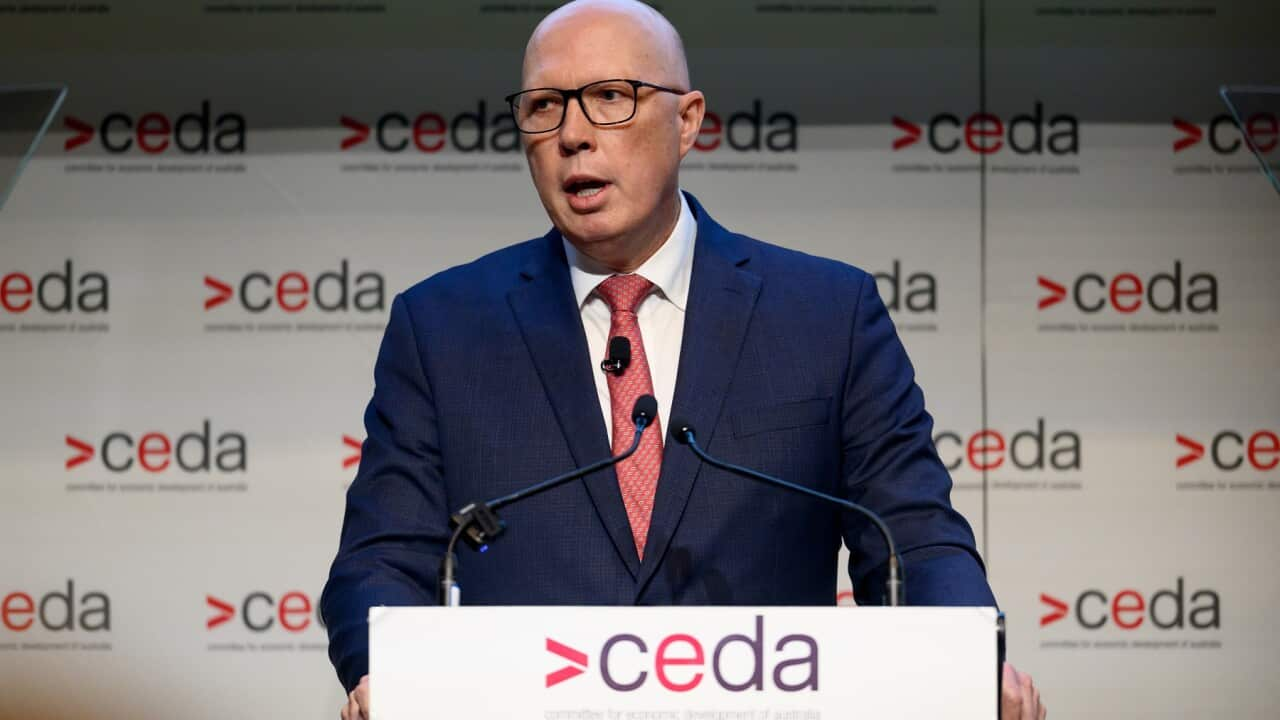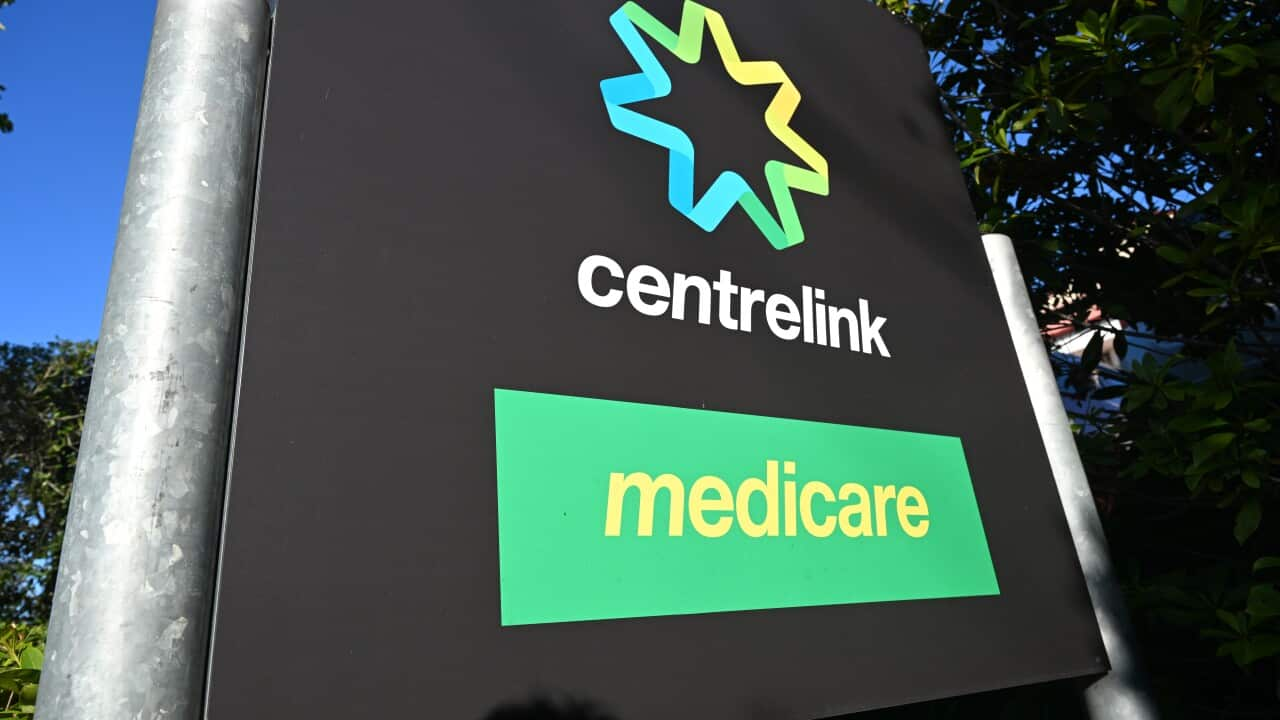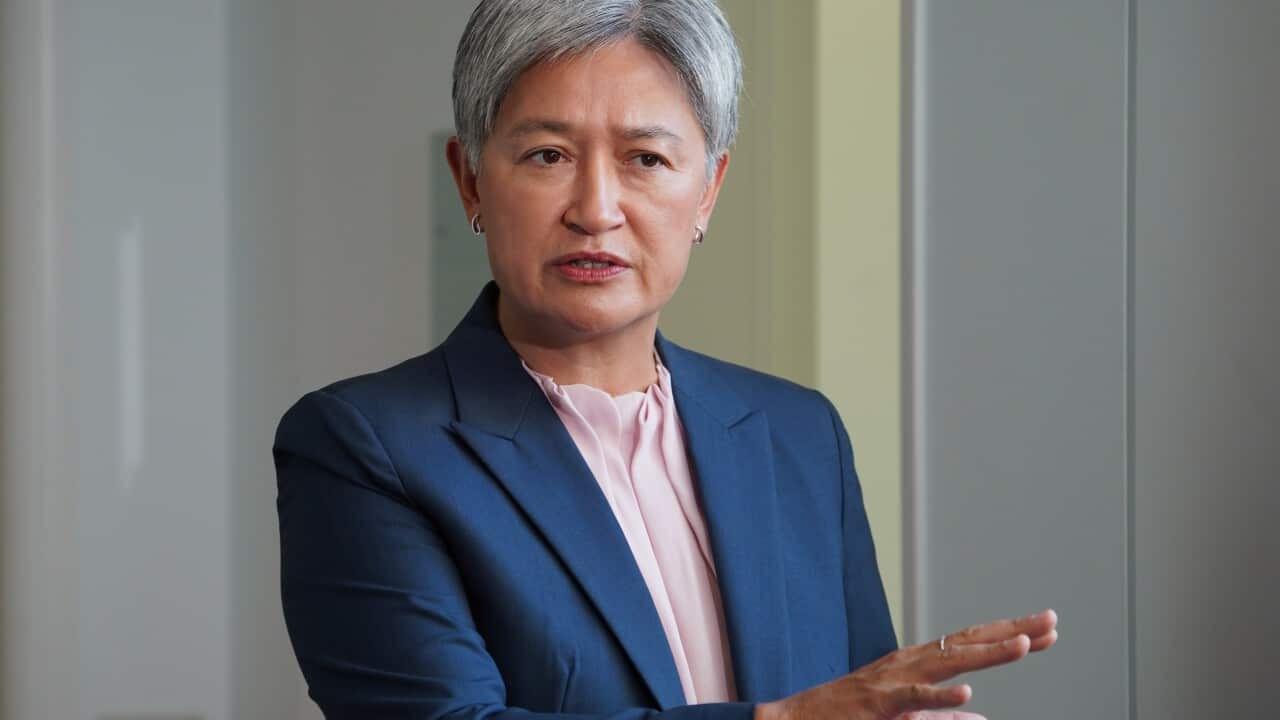TRANSCRIPT
"Energy isn’t part of the economy. Energy is the economy. Energy underpins and is vital to every sector. When energy costs are high, it’s not only Australian homeowners and renters paying higher power bills. Your supermarket pays more to refrigerate food. Your baker, butcher and café pay more to run their business."
Opposition Leader Peter Dutton, speaking at the Committee for Economic Development of Australia where he lays out the case for why nuclear energy must be embraced by Australia.
Criticising the government's renewable-focused energy policy, Mr Dutton says reliance on renewables is not only impractical but will mean increasing energy costs and an unreliable energy grid.
His speech makes comparisons to cities abroad, with claims energy prices in many of these places are cheaper.
"Consider the following examples and their energy mixes. In Arizona has 18 per cent renewables, 26 per cent nuclear, 48 per cent gas – with the balance from coal. The Canadian province of Ontario has 8.5 per cent renewables, 52 per cent nuclear, 25 per cent hydro – with the balance from gas. In France it has 14 per cent renewables ..."
Experts in Ontario say the comparison seems "bizarre", pointing out that neighbouring Canadian provinces like Quebec, which has an energy grid dominated by hydro, enjoys even cheaper energy.
A sustainability expert at the University of Ontario says the provinces energy is artificially cheapened by large government subsidies which account for the bulk of its annual deficits.
Hitting out at the speech, the Minister for Climate Change and Energy, Chris Bowen, says Mr Dutton has failed once again to reveal the costs of his ambitious plans.
"Peter Dutton had an opportunity today, indeed an obligation, in his big speech about nuclear energy, to provide the Australian people with costings, with facts, with modelling and with details about his nuclear scheme. He failed on every single metric. What we saw today was more of the same, more rhetoric. More misleading statements, more basic facts wrong, and a speech, which raises more questions than it answers yet again."
Peter Dutton says the Coalition's nuclear plan does have a significant up-front cost, claiming however that a nuclear energy mix is the only way for Australia to meet net-zero emissions targets by 2050.
Without revealing the costs to taxpayers, Mr Dutton says it will be a fraction of Labor's plans.
"And every solar panel and wind turbine will need to be replaced three-to-four times over the same period, all of it will end up in landfill, a conversation our country so far hasn't discussed. We will release our costings in due course – at a time of our choosing. I know Chris Bowen believes he's running this debate but he's not. And we will provide more detail on many elements. Our policy that we put forward will cost a fraction of the Government’s reckless $1.2 to $1.5 trillion plan, that much should be obvious to all Australians."
Raising concerns about the waste created by solar and wind, critics were quick to point out that Mr Dutton is yet to detail his plans for disposing of nuclear waste.
Nuclear power creates radioactive waste material such as uranium mill tailings and spent reactor fuel.
Wayne Smith from the Smart Energy Council says Mr Dutton is criticising renewables without any credible path of his own.
"Well that was one of the shallowest speeches I’ve ever heard from an opposition leader. I've seen Pavlovas with more substance than that. Many months ago, many, many months ago, Peter Dutton released two pages of a media release announcing that he was going to have seven sites around Australia where there's going to be nuclear reactors. We've been waiting since then for more details. We've been waiting months for more details. Now we've got about 2500 more words, but still no substance. This is dunno Dutton, how much is this going to cost? Dunno. Where are the nuclear actors going to be? Dunno. How much power bill is going to increase? Dunno. What's the nuclear safety plans? Dunno.”
Standing outside, anti-nuclear protesters gave warnings about the consequences of nuclear energy.
Senior climate campaigner at Solutions for Climate, Elly Baxter, says nuclear energy plants have no place in Australia.
"Without context, there's no place for nuclear power in a climate solution, and we know this because renewable energy is here and ready to go. We're already getting 40% of our energy from renewables right now, and Aemo, which is the board that runs our electricity system says that we can get very, very close to 100% renewables in the next 10 years. That's what we need to be investing in, and that's what climate organizations are supporting."
The opposition Leader's speech comes just months ahead of the next election.
While there was nothing new in the Opposition leader's speech to flesh out the nuclear plan, it did reaffirm the campaign strategy to underscore concerns in regional communities about transmission lines needed to make the renewables ambitions a reality.
"From Bunbury on the west coast to Port Stephens on the east coast, furious residents now are protesting offshore wind farms, that is due, in their judgement, to their impacts on fishing, tourism and livelihoods. In February and September, farmers came to Canberra to rally against the roll-out of industrial scale renewables and transmission lines on their prime agricultural land. "
But Elly Baxter says that while concerns about transmission lines are valid, Mr Dutton is ignoring the ecological impacts of nuclear power.
"So the climate movement is very aware of the impact of transmission lines and renewable energy projects, and we work closely with governments, agencies and communities to ensure that this infrastructure is built in the most ecologically sensitive way. We also know that there are huge ecological consequences of nuclear power, of uranium mining on First Nations land, with no benefits to First Nations communities, and radioactive waste that lasts for hundreds of 1000s of years."
With promises from the opposition that more details will be released ahead of the election, opponents of Peter Dutton's nuclear plans are left to wait and see if their concerns and critiques are going to be addressed.
Ultimately, the future of Australia's energy landscape will soon be in the hands of voters.













